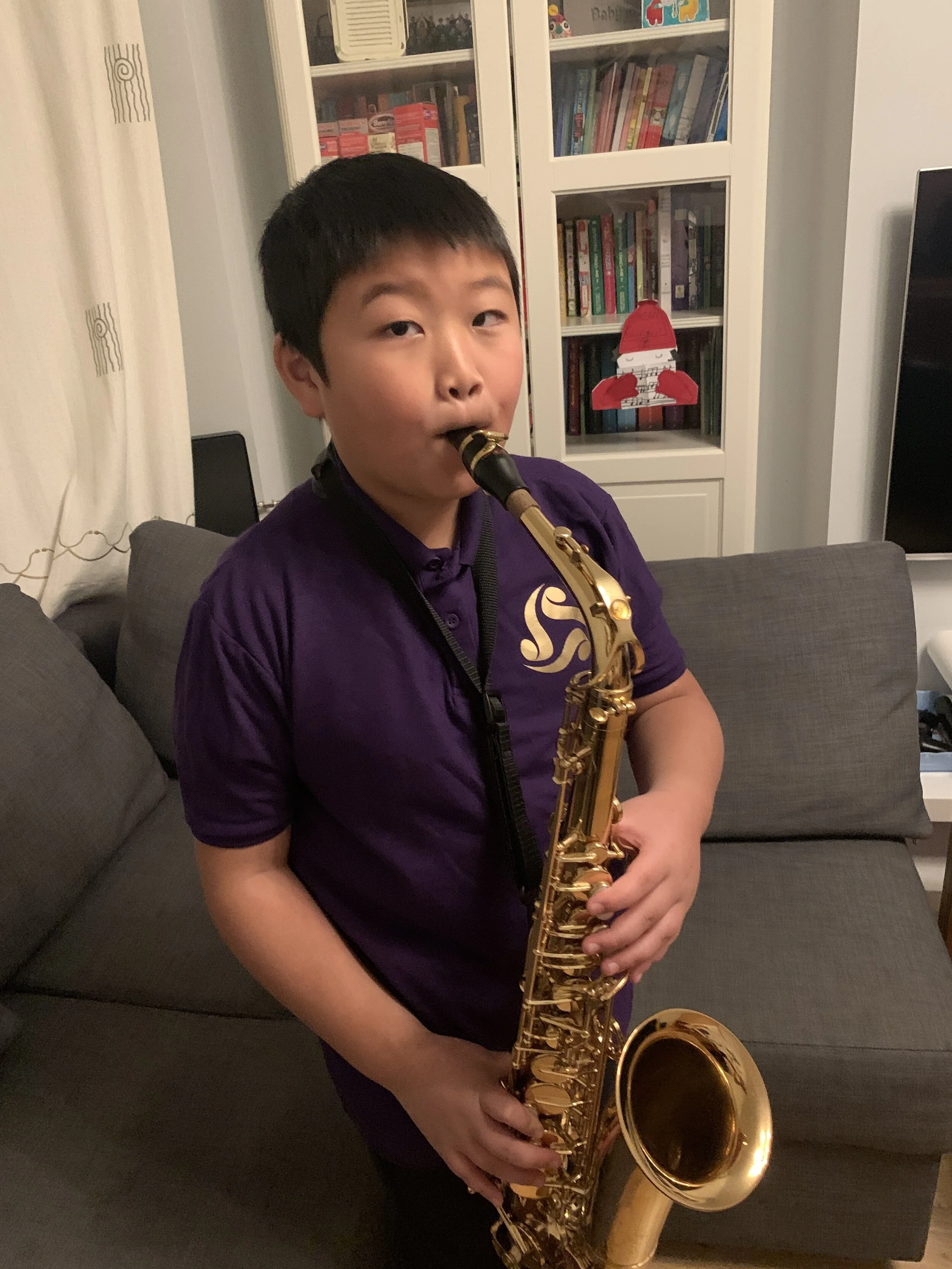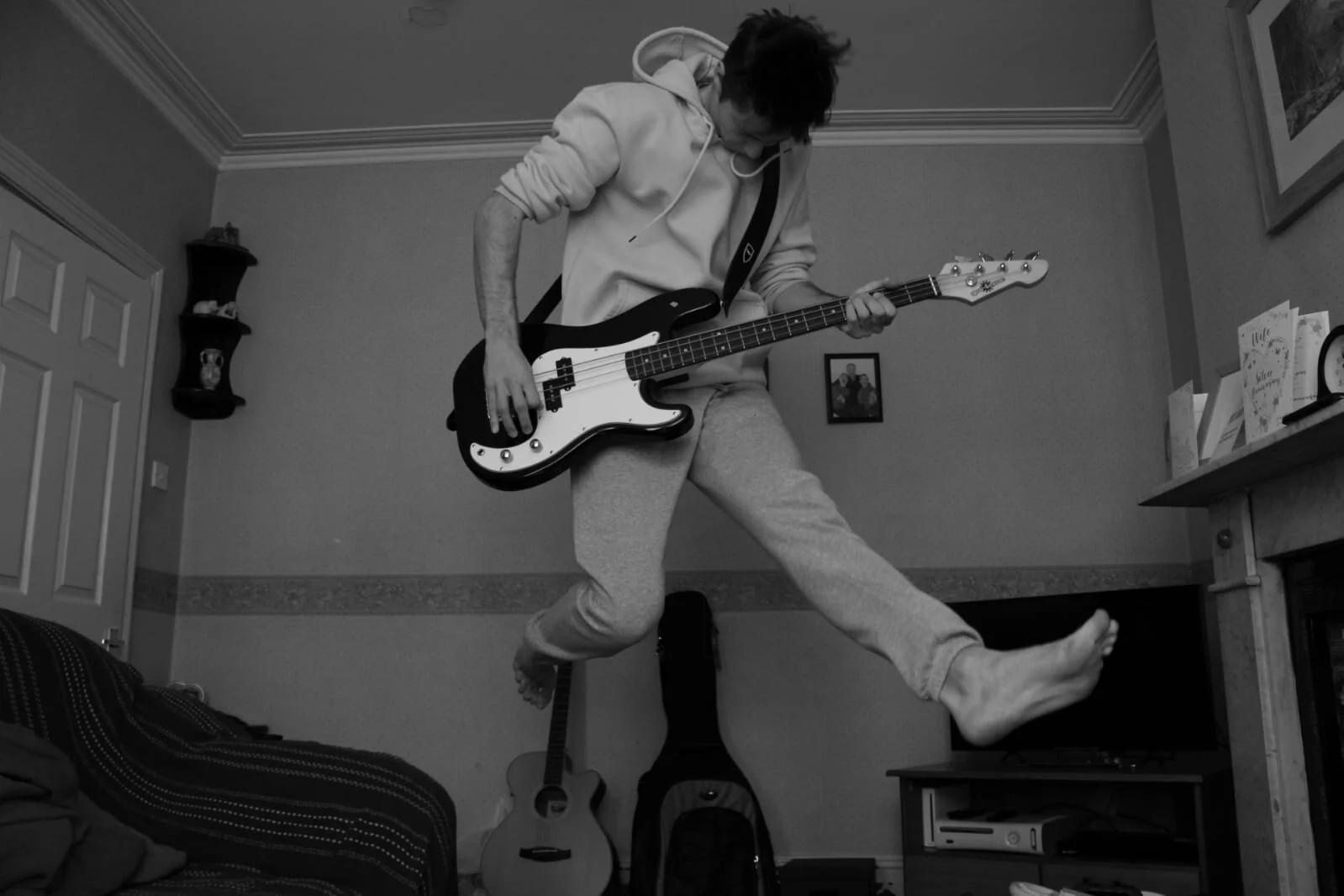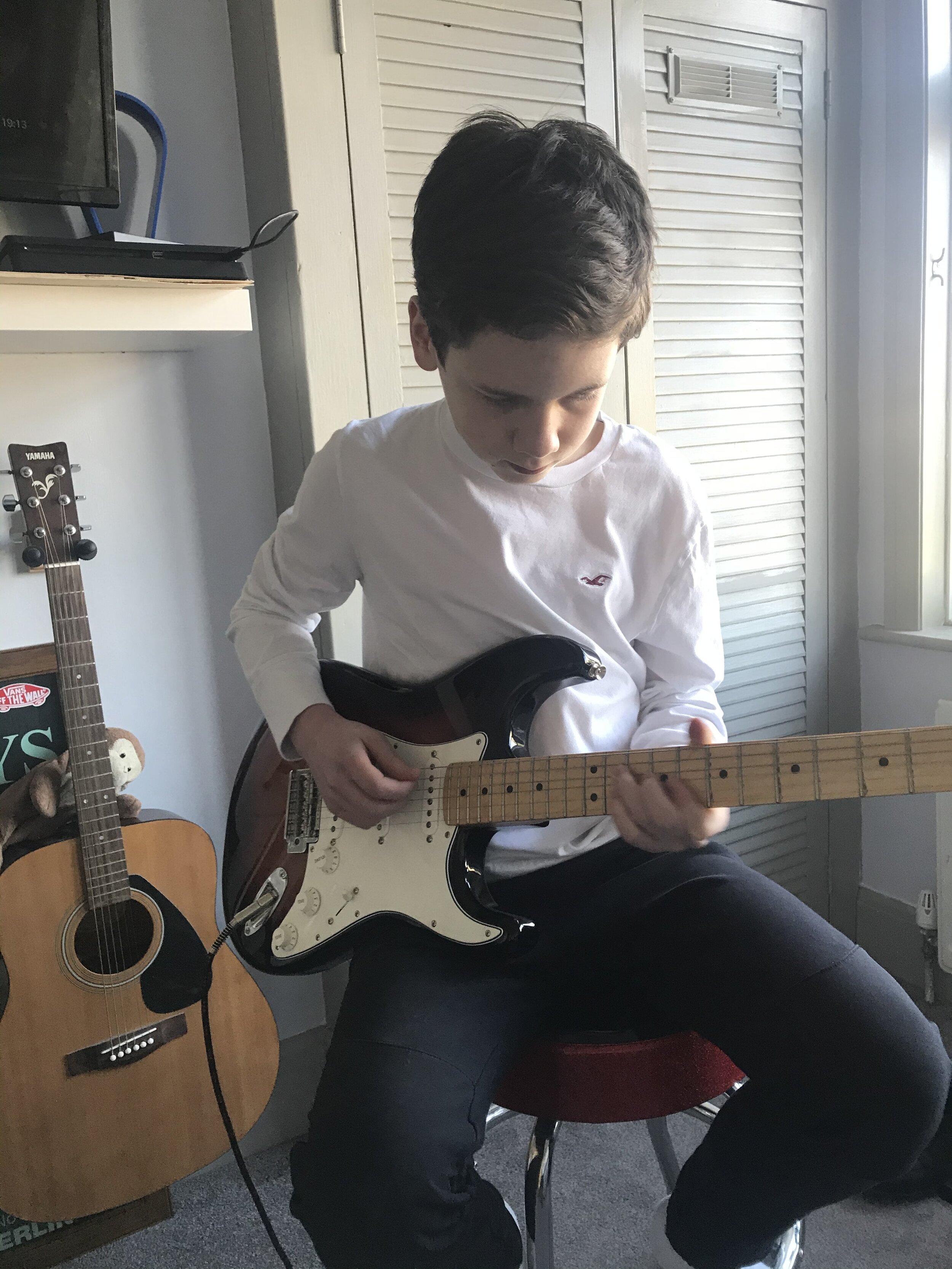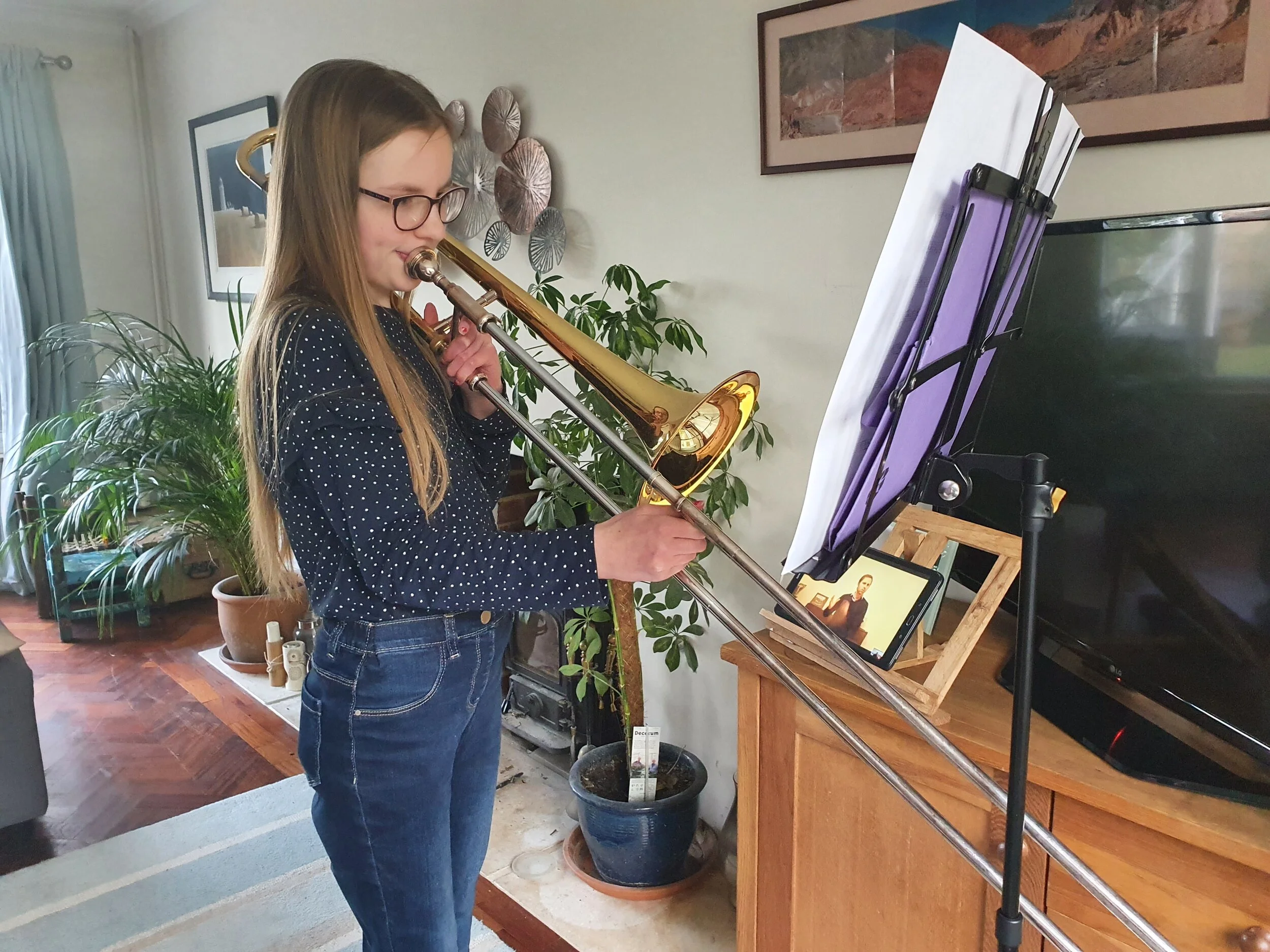For those missing Strictly Come Dancing, Southampton Music Hub has put together a school’s ensemble performance project – Strictly Come Dance.
Southampton Youth Brass Band have been working on creating a virtual performance of Let’s Get Loud by Gloria Estefan and Flavio Santander. This performance will provide the backing track for the primary and secondary schools activity. Southampton Music Services teacher, John Hanchett, has written additional school parts for all instruments, levels and abilities as well creating the final video of SYBB’s performance.
Southampton Youth Brass Band is directed by Paul Hart and the band’s assistant is Kevin Withell. Here Paul, Kevin and some band members talk about what it has meant to be part of this city-wide project and their experiences and achievements whilst rehearsals have had to be online.
What has being part of the Let's Get Loud project meant for SYBB?
PH - Let's Get Loud has been an exciting project for the students, giving them something to work towards, with a new positive focus for the rehearsals.
What have the difficulties been preparing for the virtual performance of Let's Get Loud?
Player A - Learning the part, practicing it and following the conductor over the internet.
Is Let's Get Loud a breakaway from the music normally played by the band?
KW - The band is used to playing in a range of styles, and has worked in the past with other bands and choirs. The idea of learning the parts without being able to play it together, and recording and videoing individually has been a new and challenging experience.
What have SYBB been able to achieve whilst rehearsing online?
PH - The achievements of SYBB Online will be easier to gauge once we're back to normality. The positives are that we still have a functioning band, full of students who have been given opportunities to keep on learning and playing throughout the lockdowns. They've been able to get a headstart on learning the music and their individual parts ahead of coming back together, and we've been able to maintain a sense of continuity with the students, both musically and socially.
What have the challenges been taking part in online rehearsals?
Player A - Internet connections and the loss of the band dynamic that’s present when we are all together.
What has really impressed you about the band whilst they have rehearsed online?
PH - What has impressed us most has been the continuing commitment from the large percentage of the band who have been logging in every week. Rehearsing online has required a lot of patience and open-mindedness from students and staff alike. The fact that these students have so much commitment to the band, that they have not shrunk away from the challenges of embracing an entirely new and often difficult way of rehearsing does them real credit.
What is your proudest moment of being a member of SYBB?
Player A - Playing in the concerts, it’s very rewarding to see all the hard work pay off !!
What are you looking forward to most when SYBB can meet face to face again?
Player B - Seeing my friends
Player A - I am most looking forward to playing in a full band, with the sound and dynamic that it will bring. I am especially looking forward to performing, so we can show off all of the progress we have made, with all of the hard work that we put in.










































